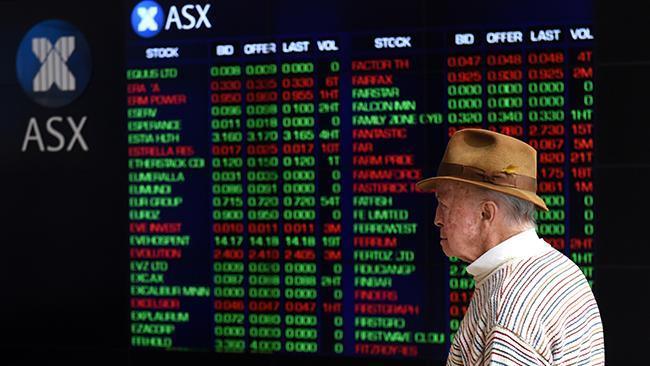Finance news you need to know today
DONALD Trump’s pick to run the US Energy Department says efforts to combat global warming should not cost American jobs.

HERE are eight things making news in business and finance today.
1. SYDNEY — The Australian dollar is up against the greenback ahead of US President-elect Donald Trump’s keenly-anticipated inauguration. The local currency was trading at 75.57 US cents at 0705 AEDT on Friday, up from 75.23 on Thursday. The Aussie hit 75.74 US cents Thursday evening Australian time.
2. SYDNEY — The Australian share market is set to open lower as US stocks trade lower in afternoon trade on Thursday as investors stayed away from making risky bets ahead of President-elect Trump’s inauguration Friday. At 0705 AEDT, the local SPI 200 futures contract was down 16 points, or 0.28 per cent, to 5,621 points.
3. WASHINGTON — US home building rebounded sharply in December as a firming economy boosts demand for rental housing, while an unexpected drop in the number of Americans filing for unemployment benefits last week pointed to a further tightening in the labour market.
4. WASHINGTON — Rick Perry, President-elect Donald Trump’s pick to run the US Energy Department, said during a Senate confirmation hearing on Thursday that global warming caused by humans is real, but that efforts to combat it should not cost American jobs.
5. FRANKFURT — The European Central Bank stuck to its super-easy monetary policy on Thursday, telling those calling for a tightening — like economic powerhouse Germany — to be patient as the bloc slowly regains its economic health.
6. LONDON — British Prime Theresa May played down recent falls in sterling in a television interview on Thursday, saying data since Britain voted to leave the European Union pointed to underlying strength in the economy.
7. DAVOS — European Union trade commissioner Cecilia Malmstrom said on Thursday it would likely take a couple of years to negotiate a trade deal with the United Kingdom after it leaves the bloc.
8. DAVOS — Top bankers are confident that British Prime Minister Theresa May’s government will support a transition period of several years for the financial sector to cope with Britain’s exit from the European Union.



